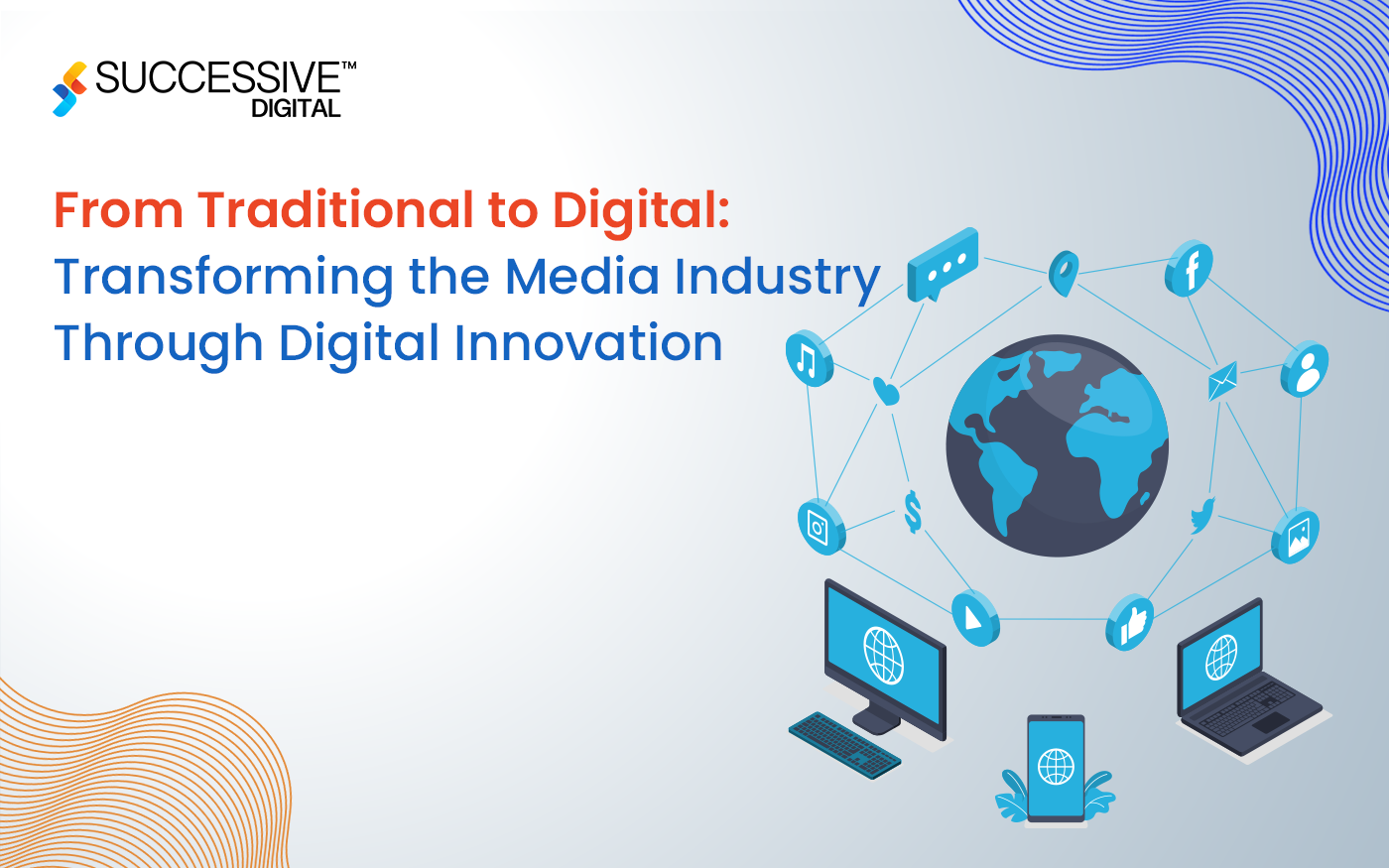The digital strategy in advertising is transforming significantly, driven by speedy technological advancements and evolving customer behaviours. As organizations attempt to capture the attention of increasingly modern audiences, the need for digital strategy consulting services has by no means been more crucial. The future of the digital strategy in advertising and marketing is defined by convergence of latest technologies, which include Artificial Intelligence (AI), Machine Learning (ML), Augmented Reality (AR), and Virtual Reality (VR), along with a growing recognition on data privacy and ethical advertising practices.
Moreover, the upward thrust of social commerce, the increasing importance of customized content, and the advent of voice search are reshaping how brands connect to users. These developments are not just appealing; they represent fundamental shifts in how advertising might be performed moving ahead. For marketers, staying ahead of global changes is critical for creating effective campaigns that resonate with audiences. This blog explores the important trends and improvements that are poised to shape the future of digital advertising, providing insights and strategies for leveraging such factors to reap more engagement, relevance, and return on investment in an ever-competitive market.
Personalization and Hyper-Targeting
Personalization in marketing is now critical as purchasers demand brands to recognize their options and deliver resonant content material. With advances in data analytics and AI, hyper-targeting has become more powerful, enabling advertisers to craft personalized experiences that improves engagement and conversion rates.
-
Dynamic Creative Optimization (DCO)
DCO is a technology that automates the creation of personalized ad content. By leveraging information about a person’s behaviour, options, and context, DCO generates multiple variations of an ad to ensure the most relevant one is displayed. This stage of personalization increases engagement and conversion rates. It is also one of the vital features of digital strategy in advertising.
-
Contextual Advertising
Contextual advertising, which targets customers based on the content they are ingesting in preference to their data, is experiencing a resurgence. With growing privacy and data security issues, contextual advertising can deliver applicable commercials without counting on intrusive facts and practices.
Voice Search and Smart Speakers
The upward push of voice search, and smart speakers are revolutionizing how consumers search for information and engage with brands. Using advanced digital transformation services, advertisers adapt their advertising processes to embrace this shift, specializing in optimizing for voice search and developing voice-activated ads to interact with users in this increasingly voice-driven digital space successfully.
-
Voice Search Optimization
Optimizing for voice search involves expertise in customers’ natural language patterns while talking to their devices. This way, they specialize in long-tail keywords and conversational phrases. Brands can leverage professional digital strategy consulting services to optimize their content for voice search so that they are more likely to appear in voice search, and increase their visibility.
-
Voice-Activated Ads
Voice-activated ads are an emerging format that allows users to interact with advertisements using their voice. For example, a person could ask their smart speaker for more information about a product mentioned in an ad. This interactive element can increase engagement and offer a more personalized experience.
Data Privacy and Ethical Advertising
With escalating concerns over data privacy and stringent regulations like the General Data Protection Regulation (GDPR) and others, advertisers should prioritize ethical information practices. Ensuring transparency, compliance, and administration for user privacy is now vital for preserving buyer’s trust and avoiding any repercussions.
-
Transparent Data Practices
Brands need to be vigilant about how they consume, use, and store customer data. Digital strategy in advertisement require transparency in agreements with purchasers data management as an essential component, and being advance about data practices to increase brand trust.
-
Ethical Targeting
Ethical targeting involves using data in a manner that respects user privacy and complies with policies. This means avoiding overly intrusive monitoring methods and specializing in much less invasive approaches to deliver relevant advertisements, such as contextual advertising.
The Rise of Social Commerce
Social commerce, merging e-commerce with social media, revolutionizes digital advertising. Platforms like Instagram, Facebook, and TikTok are pivotal in online buying, allowing in-app shopping capabilities. This seamless integration complements user experience, driving better engagement and conversion rates that other advertising approaches.
-
Shoppable Posts
Shoppable posts allows brands to tag products in their social media posts, enabling customers to purchase without leaving the app. This digital strategy in advertising provides seamless purchasing experiences to buyers and reduces friction with enhanced conversion rates.
-
Influencer Marketing
Influencer advertising continues to develop significantly, with social media influencers playing a key position in using social commerce. Collaborating with influencers helps businesses to reach niche audiences and leverage the trust that influencers have developed with their fans.
Video Content and Live Streaming
Video content is still dominant in digital advertising, with live streaming gaining traction as a appealing format of content consumption. With advent of digital transformation services adopted by media players, consumers are increasingly more attracted to the video for its dynamic, immersive features, allowing brands to convey messages extra efficaciously and create deeper connections real-time, interactive stories.
-
Short-Form Video
Platforms like TikTok and Instagram Reels have popularized short-form video content, which captures users’ attention quickly and correctly. Brands are using this trend by developing shorts, attractive movies that convey their message in a concise layout.
-
Live Streaming
Live streaming allows interaction with audiences, growing an experience of immediacy and authenticity. Brands with right approach and digital strategy consulting services can generate live streaming for product launches, Q&A sessions, and behind-the-scenes (BTS) content, fostering a deeper connection with their audience.
Advertisers who stay ahead of the above trends and embrace latest technology innovations could be well-positioned to create impactful and powerful campaigns in the ever-evolving digital space. By prioritizing digital transformation services from a reputed technology provider, and using personalization, transparency, and engagement approaches to their offerings, brands can develop solid connections with their audience and achieve long-term success in the digital advertising space.












